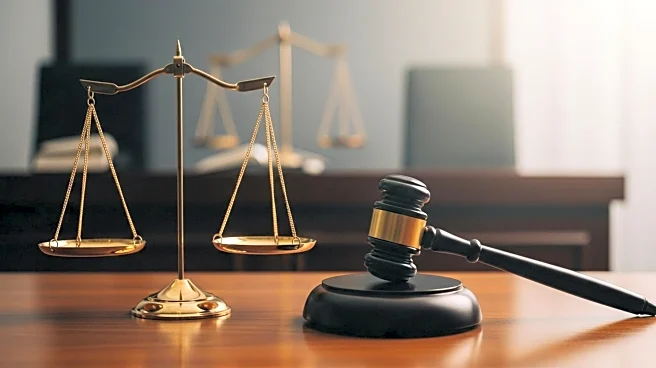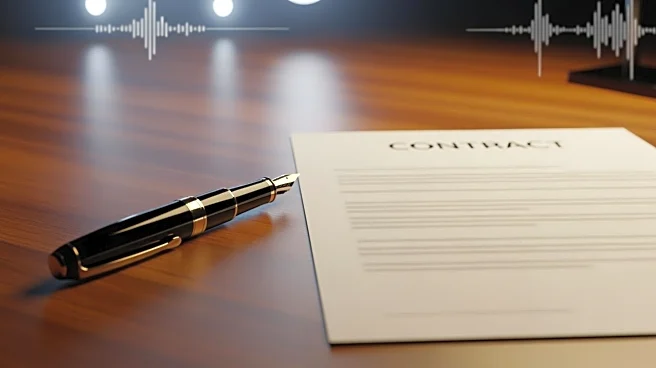What's Happening?
In Fort Pierce, Florida, a jury has been selected for the trial of Ryan Wesley Routh, accused of attempting to assassinate President Trump at a golf course last September. Routh is representing himself in court, having chosen to defend without legal counsel. During jury selection, Routh dismissed potential jurors with law enforcement experience. Federal district Judge Aileen Cannon is overseeing the trial, cautioning Routh about the limits of his self-representation. The jury is expected to receive instructions soon, with opening arguments anticipated to begin shortly.
Why It's Important?
The trial is significant as it involves a high-profile assassination attempt on a former U.S. president, highlighting issues of security and political violence. It underscores the challenges of self-representation in complex legal cases and the potential implications for the judicial process. The case may influence public discourse on political safety and the legal system's ability to handle such serious charges. It also reflects ongoing tensions and threats faced by political figures in the U.S.
What's Next?
The trial will proceed with opening arguments, potentially revealing more details about the alleged assassination attempt. The outcome could have implications for security protocols surrounding political figures and influence future legal strategies in similar cases. Observers will watch for any developments that could affect public perception of political safety and the judicial process.
Beyond the Headlines
The case raises broader questions about the motivations behind political violence and the effectiveness of legal systems in addressing such threats. It also highlights the psychological and strategic challenges faced by individuals choosing to represent themselves in court.











